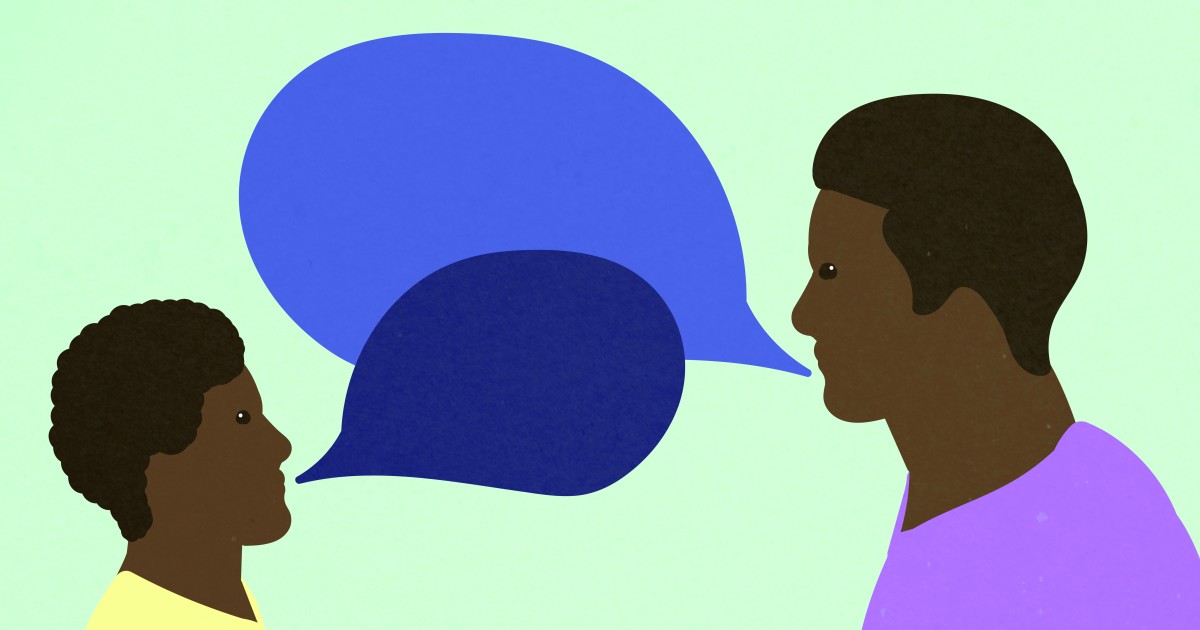The modest work of Scripture and prayer.
This Cooper's Hawk made our garden its hunting ground one morning this week.

Eugene Person, more than any other author, has shaped my imagination of what it means to be a pastor. I finally got to one his most well-known books, A Long Obedience in the Same Direction. Here's a little of what makes Peterson so timely, even all these years after first writing these words.
I was neither capable nor competent to form Christ in another person, to shape a life of discipleship in man, woman or child. That is supernatural work, and I am not supernatural. Mine was the more modest work of Scripture and prayer - helping people listen to God speak to the from the Scriptures and then joining them in answering God as personally and honestly as we could in lives of prayer. This turned out to be slow work. From time to time, impatient with the slowness, I would try out ways of going about my work that promised quicker results. But after a while it always seemed to be more like meddling in these people's lives than helping them attend to God.
I sometimes think that pastoral work can be summarized in that emphasized sentence. We cannot change people, and when we try we'll only end up damaging them. But we can help them listen - attend - to God. That's probably enough.
And then there's Wendell Berry, the agrarian author who occasionally appears in Peterson's writings. Berry is another one who's helped me imagine a way of being a pastor that is slightly out of step with some of our accepted assumptions, particularly the ones about unfettered growth.
In this long essay for The Nation, on the event of The Library of American publishing Berry's collected essays (birthday present idea anyone?), Jedediah Britton-Purdy reflects on the farmer-poet's long career and pulls out some important themes.
For Berry, as for Thoreau, the work of the critic is to locate where the poisons are dumped and then turn back on oneself and ask: What is my place in all this? Is it possible to live life differently? And if so, how can I begin?
A consistent way of answering that question for Berry has to do with accepting - embracing, even delighting in - our limitations.
For him, narrowing the horizons of one’s life is the only responsible way of living, since it is how we might actually heal old wounds, clean up our own mess, and give an honest account of ourselves. Throughout his essays, he makes this case for ecological reasons but also for moral ones. Farming on a local scale, he argues, can respond to the nuances of soil and landscape and can rebuild the fertility cycle of dirt to plant to manure to dirt. Ethics also has its limits of scale. “We are trustworthy only so far as we can see,” he insists. The patterns of care that give ethics life also require a specific space. To hold ourselves accountable, we need a palpable sense of what is sustaining us and what good or harm we are doing in return. Community depends on the sympathy and moral imagination that “thrives on contact, on tangible connection.”
I'm smitten with this vision for people and their places. Can someone pastor with any other vision? Lead, manage, grow? Sure. But not pastor.
(Britton-Purdy's few quibbles with Berry are interesting; he disagrees with him on abortion and there's a sense of relief that they share certain assumptions about sexuality. I'm not sure if his angst about these things is endearing or off-putting. It feels like he wants to convince certain people that, although Berry doesn't quite fit in with all of our enlightened sensibilities, he's still worth listening to.)
Our local NPR station has a great segment, "Curious City", in which listeners can submit questions for a reporter to track down. A recent one struck close to home.

‘The Talk’: How Parents Can Help Prepare Kids For Police Interactions | WBEZ Chicago
A child psychiatrist, a public defender and a police officer weigh in on how to prepare kids for interacting with the police.
The listener asked if "anybody has reported on the disparity between white and black conversations about handling yourself if the police stop you, or conducted a survey about how Chicagoans talk to their families about police based on race." The short answer is no, but the longer answer is important, especially for those of us raising black and brown sons.
Black people, especially black males, are disproportionately affected by police shootings. Between 2010 and 2015, 80% of people shot by Chicago police were black, according to the most recent analysis by the Chicago Tribune — a group that constitutes about a third of the city’s population.
These hard truths place a specific burden on parents.
Even if parents think their children are too young and innocent to be viewed as a threat, Clark says research from the American Psychological Association and others has shown that police are more likely to mistake black boys as young as 10 as older and less innocent, making them more likely to be face police violence if accused of a crime. That risk of a confrontation intensifies as kids mature into their teenage years and start to spend more time away from their families.
“So you might think, ‘I’m 16; I’m playing around,’” Clark says. “But get them to understand: You might be perceived as an adult.”
I hope you'll listen to the episode.